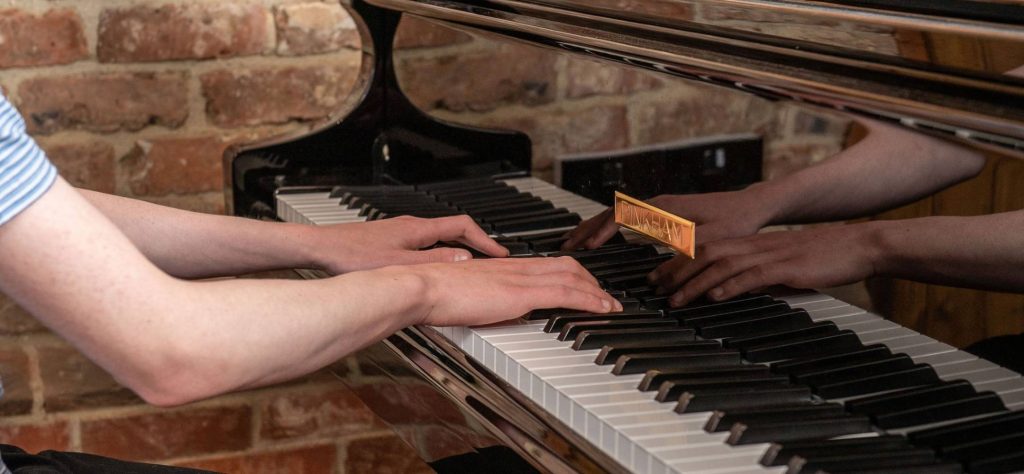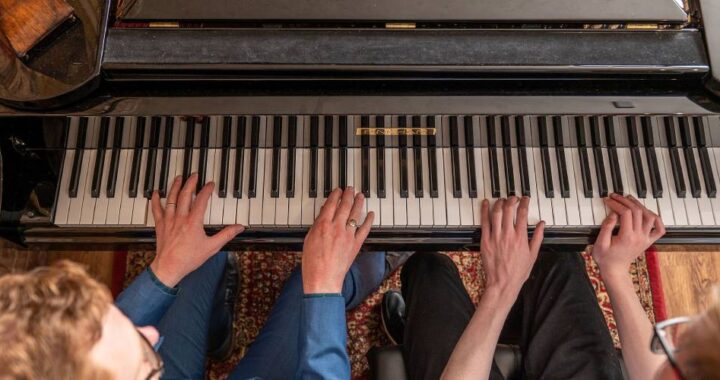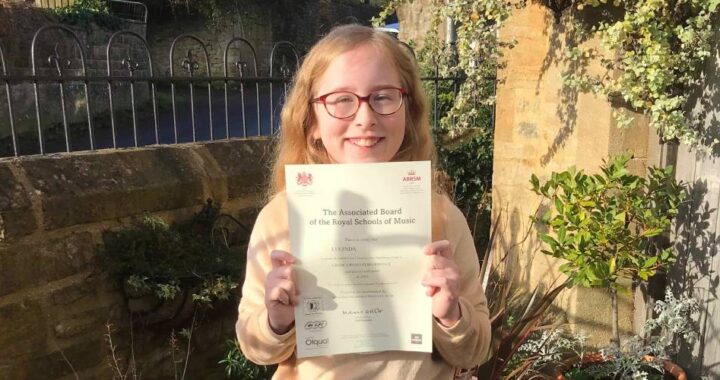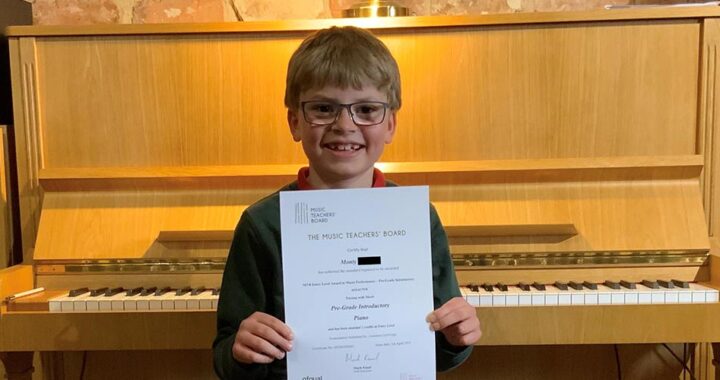
In this blog post I want to share with you some of the things I’ve learnt from being an examiner and hopefully this will give you some tips as you prepare for your qualification.
1. Examiners want you to do well
This is probably the most important thing to remember as you prepare for your exam. As an examiner, it’s a lot more enjoyable to mark exams where candidates are successful. It’s great to be able to give praise and reward candidates with excellent results. Examiners really are on your side and want you to do your best!
2. Examiners have to mark fairly
Every exam board has clear marking criteria which examiners have to follow. Exams are moderated and examiners receive regular training to ensure they are being consistent in their marking and comments.
3. When we do give criticism, we try to be constructive
One of the jobs of the examiner is to point out any areas where the candidate could have done better. However, we do try our best to word our comments so that they are constructive and leave the candidate feeling positive. Our aim is to encourage you as you continue in your piano playing journey.
4. Always read the syllabus carefully
It’s important to take time to familiarise yourself thoroughly with the requirements for the exam. Have you checked your programme is the correct length if you are doing a performance grade? Have you prepared every part of the exam? If you are doing a remote or video exam, have you checked all the recording equipment is working correctly?
5. Do spend time looking at the marking criteria
All exam boards publish their marking criteria on their website and it’s worth reading through this to ensure you know how you will be assessed. It also helps you understand that simply making a small slip in one of your pieces is unlikely to affect the mark significantly. However, ensuring you play with expression and communicate the character of each piece of music can really help you to succeed!
6. Exams should be enjoyable!
Yes, we know that exams can be nerve-racking. However, hopefully at the same time they can be rewarding and give you encouragement as you progress in your musical journey. Pick pieces you will enjoy studying and hopefully you will find the process of learning them to performance standard fulfilling.
7. Don’t be too disheartened if you don’t get the result you were hoping for
While we all hope and aim for success, there may be times when we don’t achieve the result we had hoped for. Obviously this can be disappointing, but try not to get too disheartened. There are many reasons why people don’t always do as well in exams as they had hoped. It could be due to performance anxiety on the day. It might be that the exam they’ve entered for is really slightly too high a level for that point in their musical journey. It may be that a little more preparation time was needed. If you don’t get the result you are hoping for, spend some time reviewing why this might have been the case, and then try to plan how you can move forward in your piano playing so as to achieve what you would wish.
8. Exams aren’t for everyone
Exams can be very rewarding and a great way of measuring progress. However, they are not compulsory. There are people who find the whole experience of taking an exam incredibly stressful and it’s important working towards qualifications doesn’t take anything away from the enjoyment of learning an instrument. It can be useful to have goals in our musical journey, but this doesn’t have to be taking an exam. It could be working towards a performance, or recording a piece we are working on and sending to friends or relatives.
9. Exam Boards do offer flexibility and try to be helpful
It used to be the case that the only way of taking an exam was face-to-face at an exam venue with an examiner in the room. Many people find this quite intimidating and the good news is that there is now a lot more flexibility. For example, MTB Exams are all recorded, so you can take them in the comfort of your own home or in your music teachers’ studio. You can also take the exams at any time you wish and even choose your own pieces in addition to those on the syllabus.



